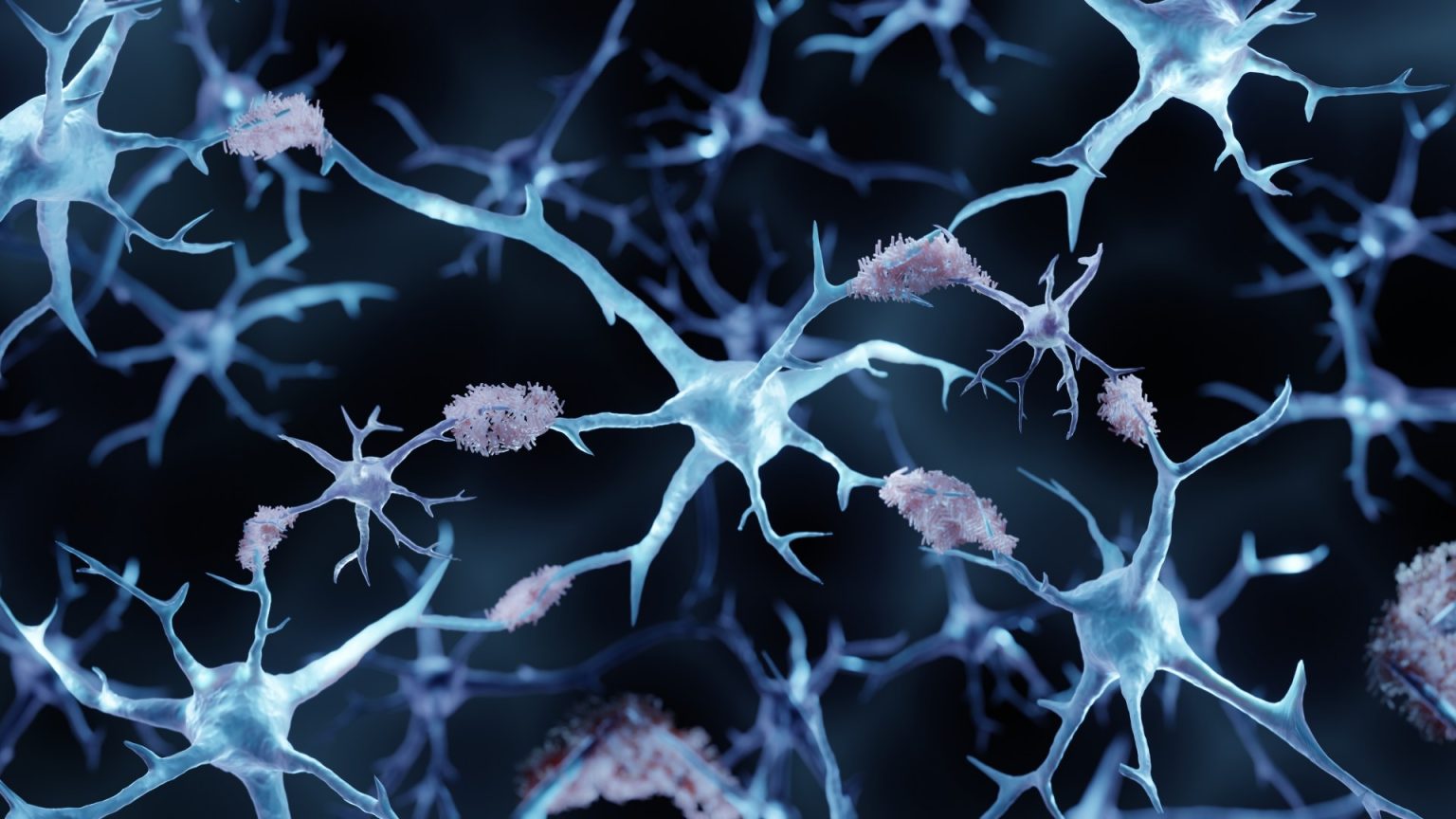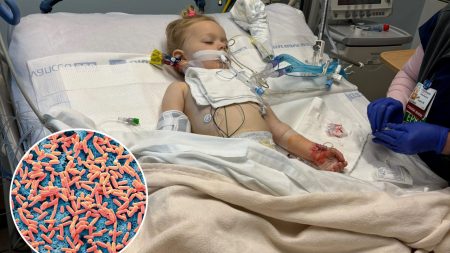Dementia, a debilitating condition affecting nearly one million people in the UK, progressively impairs cognitive functions, eventually impacting vital processes like breathing and swallowing. Recent research indicates a stark post-diagnosis life expectancy ranging from two to nine years, with age significantly influencing this timeframe. The study, encompassing data from 1984 to 2024, analyzed over 5.5 million individuals across 235 studies focusing on survival rates and 352,990 individuals across 79 studies examining nursing home admissions. Results revealed a correlation between age and survival: 65-year-old men diagnosed with dementia could expect to live 5.7 years, while their 85-year-old counterparts faced a life expectancy of 2.2 years. For women, the corresponding figures were 8.9 years and 4.5 years, respectively. Interestingly, despite longer individual life expectancies, women overall exhibited shorter post-diagnosis survival due to later diagnosis. Furthermore, those diagnosed with Alzheimer’s disease tended to live 1.4 years longer than individuals with other forms of dementia. Geographic location also played a role, with Asian populations experiencing a 1.4-year longer survival compared to those in Europe or the United States.
The research also sheds light on the transition to nursing home care. On average, individuals lived at home for 3.3 years following diagnosis, with 13% moving to a nursing home within the first year and 57% within five years. This translates to approximately one-third of remaining life expectancy being spent in a nursing home setting. This underscores the significant burden dementia places on both individuals and the healthcare system. The high proportion of individuals requiring long-term care highlights the need for robust support systems and resources for both patients and their families.
Dementia’s economic impact is substantial. In the UK alone, the projected cost for 2024 is £42 billion, escalating to £90 billion by 2040. This necessitates urgent and strategic investments in research, care facilities, and support services. The pressing need for effective treatments and preventative measures is paramount. Currently, there is no cure for dementia, further emphasizing the importance of early detection and intervention to manage the disease’s progression and mitigate its impact on individuals and society.
Differentiating between age-related memory changes and early signs of dementia can be challenging. While occasional forgetfulness is a normal part of aging, dementia manifests as a progressive decline in cognitive abilities. Examples of normal age-related forgetfulness include momentarily forgetting a word or misplacing items. However, struggling with conversations, consistently placing items in illogical locations, or failing to recall events entirely may be indicative of dementia. Experts advise paying close attention to the frequency, severity, and impact of these memory lapses on daily functioning. If concerns arise, consulting a healthcare professional for a comprehensive evaluation is crucial.
Early diagnosis plays a vital role in managing dementia. While currently unavailable, future diagnostic tests could offer earlier detection, allowing for timely interventions. Research exploring potential biomarkers and cognitive assessments could revolutionize dementia diagnosis and management. Early detection would enable individuals to benefit from available treatments, make informed decisions about their future, and access support services earlier in the disease course.
Addressing the challenges posed by dementia requires a multi-pronged approach. Investing in research aimed at understanding the underlying mechanisms of dementia, developing effective treatments, and improving diagnostics is essential. Simultaneously, strengthening existing social care systems and providing comprehensive support for both patients and their families is crucial. This includes access to respite care, home-based support services, and specialized dementia care facilities. Ultimately, a collaborative effort involving researchers, healthcare professionals, policymakers, and communities is vital to combat the devastating effects of dementia and improve the lives of those affected.











